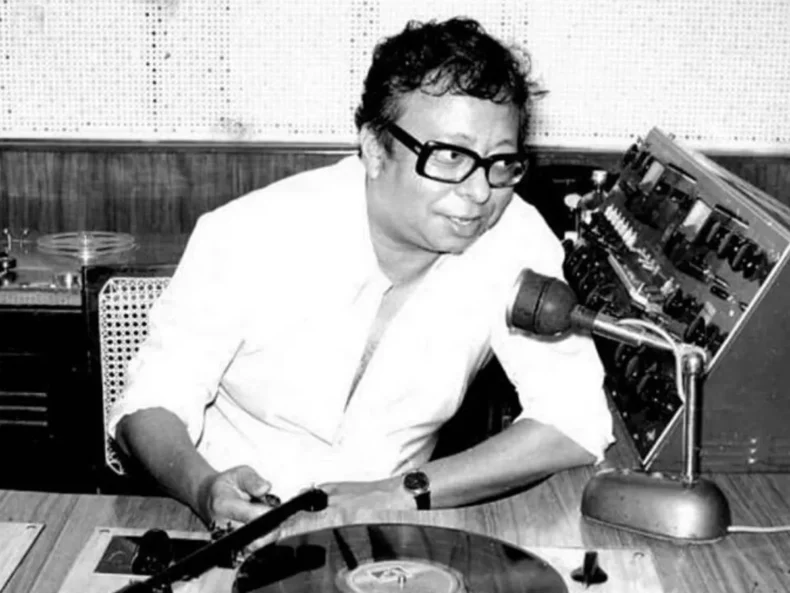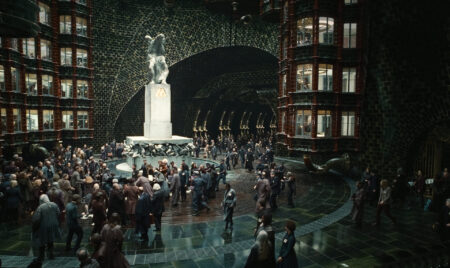Today marks Pancham Da’s 84th birth anniversary
As one becomes older, one realises just how beautiful old Bollywood songs are; RD Burman was a key contributor to these gems. The Indian music industry is extremely grateful to music composer RD Burman for uncountable treasures in the guise of timeless rhythms.
Rahul Dev Burman was born in Calcutta to writer Meera Dev Burman and Hindi cinema composer and performer Sachin Dev Burman. His maternal grandmother gave him a nickname Tublu at first, but he eventually became known by the name Pancham. According to some tales, he got the name Pancham because, as a little kid, his cries were always on the fifth note (Pa), which is the G note on the c major scale in the notation used in music.
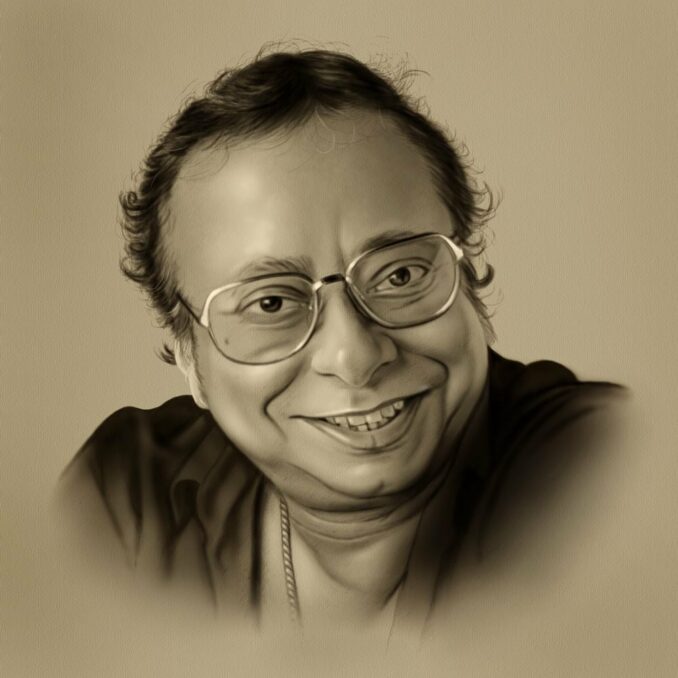
According to a separate story, Burman was given the name Pancham because he could scream in five distinct tones. According to another myth, Rahul was given the title of Pancham by celebrated Indian artist Ashok Kumar after he frequently overheard the infant saying the word Pa.
From the Tirthapati Institution in Kolkata, he gained his early schooling in West Bengal. His father, S. D. Burman, was a prominent music director in the Bollywood film business in Mumbai.
R. D. wrote his first song, Aye meri topi palat ke aa, when he was seventeen years old. His father used the song in the 1956 movie Funtoosh. He also wrote the music for the song Sar jo tera chakraaye as a little boy; his father used it in the Pyaasa (1957) soundtrack by Guru Dutt.
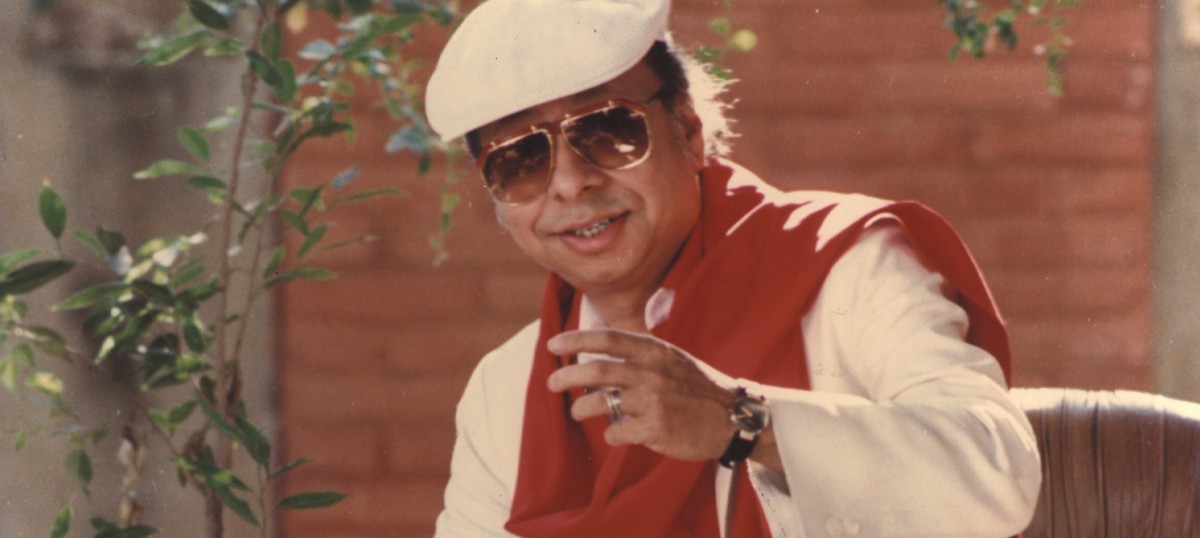
Teesri Manzil (1966) was Burman’s first successful effort as a cinema music composer. He acknowledged Majrooh Sultanpuri, the film’s producer and songwriter, for introducing him to Nasir Hussain. Before Nasir Hussain, Vijay Anand reportedly set up a music session for Burman. Six songs, all penned by Majrooh Sultanpuri and sung by Mohammed Rafi, were included in Teesri Manzil.
To score six of his films, including Baharon Ke Sapne (1967), Pyar Ka Mausam (1969), and Yaadon Ki Baaraat (1973), Nasir Hussain went on to hire Burman and lyricist Majrooh Sultanpuri. Burman’s music for Padosan (1968) garnered favourable reviews. He continued to help his father in films like Jewel Thief (1967) and Prem Pujari (1970) at this time.
Rita Patel was Burman’s first wife; they had met in Darjeeling. Fan Rita had staked her friends’ money on getting a date to see a movie with him. In 1966, the two were married; they got divorced in 1971. After the split, he wrote the song Musafir Hoon Yaaron (“I’m a Traveller”) when he was at a hotel.
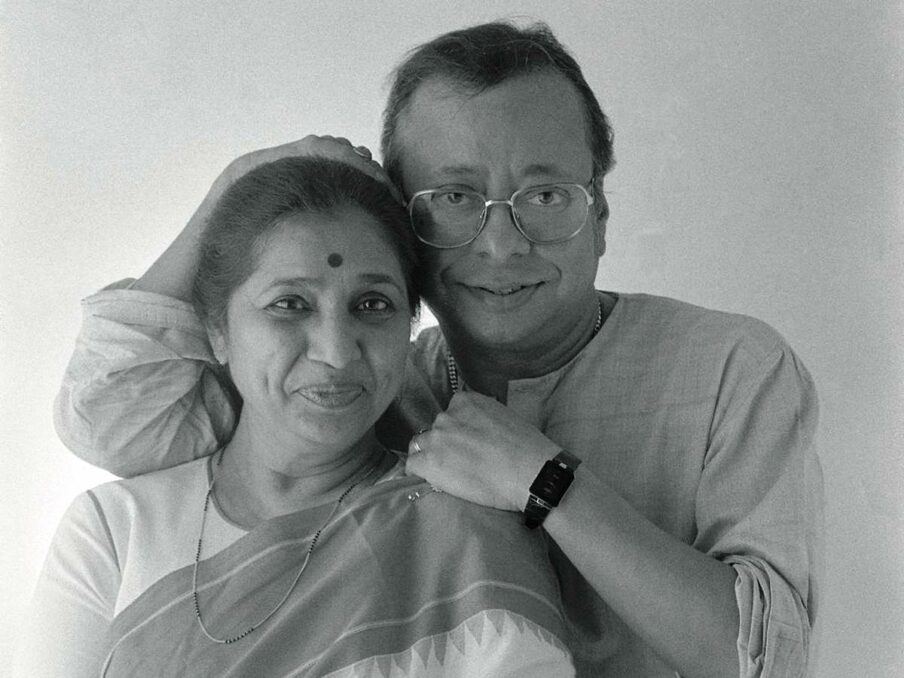
In 1980, he wed Asha Bhosle. They collaborated on several successful songs and organised a lot of live shows. They did not live together, though, as he was nearing the end of his life. He struggled with money, especially later in his life. Thirteen years after his passing, his mother Meera passed away in 2007.
His birthday is just a few days after World Music Day. This moment allows us to reflect on his magnificent musical contribution, which is widely recognised worldwide.
Burman’s songs, which are also well-liked in the nation’s bars and discos, are still featured on several of Indian remix albums. The South Asian DJs in the UK and North America remixed a number of his works, which can be heard on well-known albums like Bally Sagoo’s Bollywood Flashback. You’ve Stolen My Heart by the Kronos Quartet, released in 2005, has songs by Burman performed by his wife Asha Bhosle. Balma, a song by Himesh Reshammiya from the 2012 movie Khiladi 786, also pays homage to R.D. Burman.







